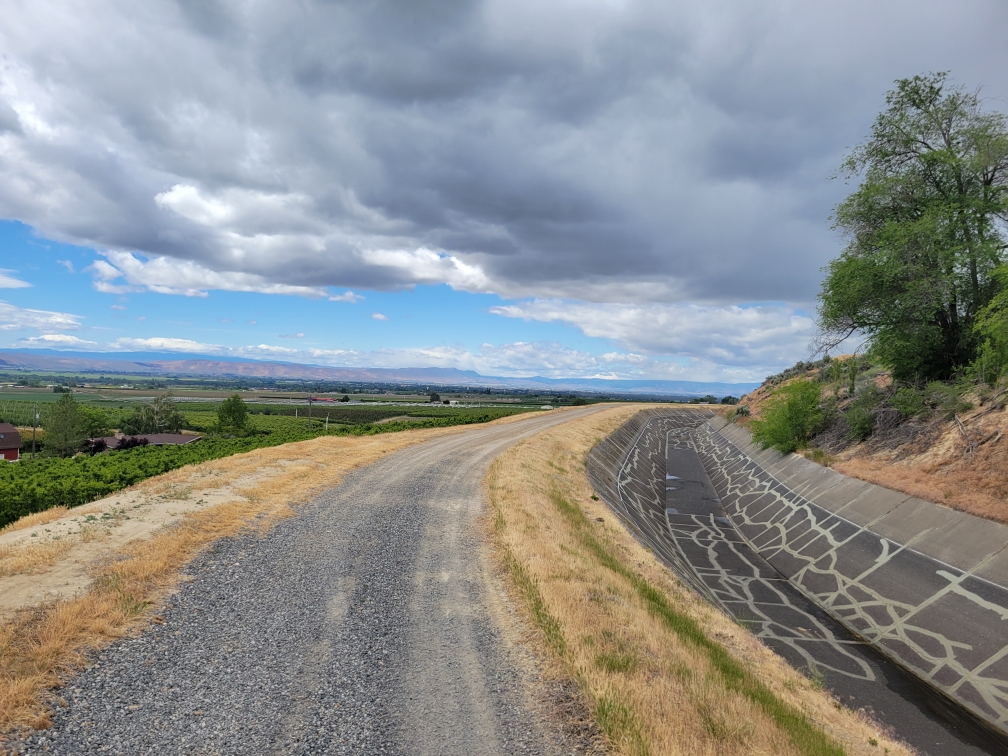This is a follow-up to our March blog post about drought conditions in the Yakima Basin.
If you live in the Yakima Basin, you know things are looking hot and dry with the irrigation season well under way. Here’s what else you need to know about the drought and what it means for your water supply.
What’s the water supply situation?
Since our last update, Ecology declared a drought emergency for most of the state. This replaces the previous drought declaration that was set to expire at the end of June.
The Yakima Basin’s water supply forecast just dropped to 47 percent, according to the U.S. Bureau of Reclamation. That’s the lowest since 2015.
Apply to pump water during drought
All groundwater use must be authorized by Ecology. If you plan pump groundwater, contact us to make sure you can legally do so.
If you don’t have a permit – and you’re a pro-ratable water user in the Roza Irrigation District or Kittitas Reclamation District – we’ll help you apply for emergency groundwater use for the remainder of the irrigation season.
When you apply, you’ll also need to purchase mitigation to offset the water you’ll use. We’re offering limited financial assistance for the required mitigation, so apply as soon as you can.
We are also accepting applications to temporarily transfer water rights. For example, you may request to fallow your field and transfer the water right to another field with a higher value crop.
Applications take about two weeks to process.
Contact Kelsey Collins to apply or learn more:
Kelsey.Collins@ecy.wa.gov
509-931-0976
Managing water supply
A dry irrigation canal during a shut down to conserve water. Photo provided by Roza Irrigation District.
When water supply is diminished, state law requires that water users with the oldest rights must be fully satisfied before other users can receive water.
In the Yakima Basin, that means that junior water users (post-May 10, 1905, water right holders) are curtailed and pro-ratable users are rationed. This helps prevent declines in river flows and protects senior water rights from being impaired.
In the last month, we’ve sent curtailment notices to all junior water right holders in the basin. If your water right is dated after May 10, 1905, you should have received a letter in the mail with more information.
We know that drought is hard on both communities and the environment, which is why it’s important to actively manage our limited water supply.
You can help, too! Small actions can make a big difference, like running sprinklers sparingly and not during the hottest hours of the day.



